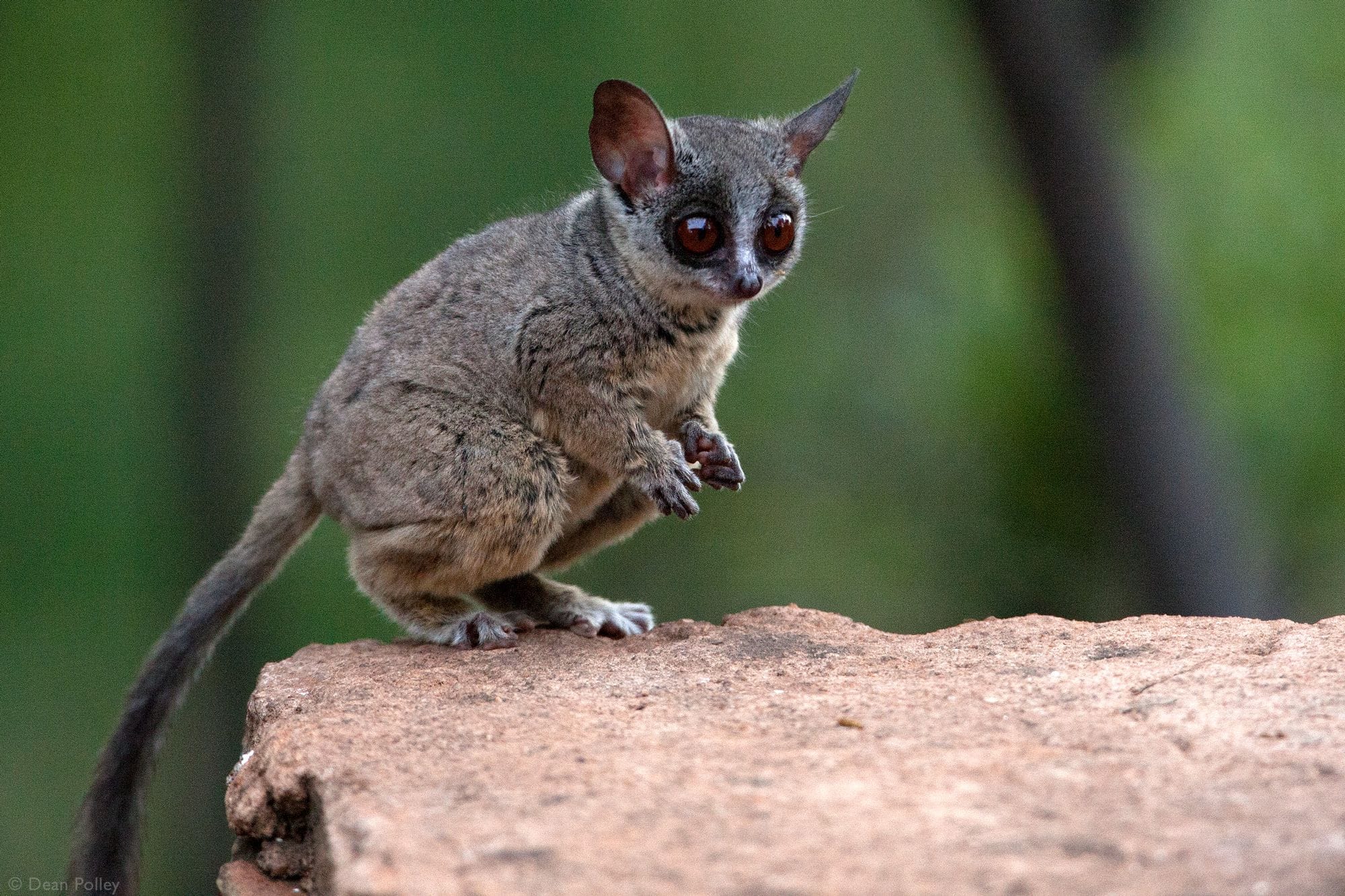Thinking of Buying a Bushbaby? What You Need to Know
Bushbabies, with their charming big eyes and playful nature, have captivated the hearts of many exotic animal enthusiasts. However, bringing one home is a considerable decision that requires extensive research and careful consideration. This comprehensive guide delves into the essential aspects of bushbaby ownership, addressing legality, ethical concerns, costs, and the importance of finding a reputable breeder.
Finding a Reputable Breeder
Locating a reputable breeder is paramount when considering a bushbaby as a pet. Ethical breeders prioritize the health, well-being, and responsible placement of their animals. Here’s what to look for:
Janda Exotics Animal Ranch: A Case Study
Janda Exotics Animal Ranch (JEAR) in Kingsbury, TX, is an example of a breeder specializing in hand-raised, tame bushbaby babies. They emphasize in-person pickups to prevent scams and ensure potential owners understand the responsibilities involved.
Why In-Person Purchases Matter
Reputable breeders like JEAR strongly advocate for in-person purchases. This allows potential owners to:
- See the Animal’s Environment: Assess the cleanliness, size, and suitability of the bushbaby’s living conditions.
- Meet the Bushbaby: Observe the bushbaby’s temperament, health, and social interactions.
- Talk to the Breeder: Ask questions about the breeder’s practices, the bushbaby’s lineage, and care requirements.
Limited Availability
Bushbabies are not as readily available as more common pets. Reputable breeders often have waiting lists and limited numbers of babies available each year.
Red Flags to Watch For
Be wary of breeders or sellers who:
- Operate Exclusively Online: Refusal to allow in-person visits is a major red flag.
- Pressure You to Buy: Be cautious if a breeder pushes for a quick sale without adequate time for research and consideration.
- Lack Transparency: Reputable breeders openly share information about their practices, lineage, and health guarantees.
The Cost of Bushbaby Ownership
Bushbaby prices can vary significantly based on age, availability, and the breeder’s reputation. Here’s a general idea of potential costs:
- Young Bushbabies (8 weeks – 3 Months): Prices typically range from $2,500 to $3,000 USD.
- Adult Bushbabies: Costs for adult bushbabies can exceed $4,000 USD.
It’s crucial to remember that the initial purchase price is only one aspect of the financial commitment. Ongoing expenses include:
- Specialized Veterinary Care: Bushbabies require vets with experience in exotic animals.
- Species-Appropriate Diet: Their diet consists of insects, fruits, and specialized products like capybara poop, which can be costly to maintain.
- Spacious Enclosure: Bushbabies need a large, vertically oriented enclosure with ample climbing space.
Is it Legal to Own a Bushbaby in the US?
The legality of owning a bushbaby in the US is complex and varies significantly from state to state.
Federal Regulations: The US Department of Agriculture (USDA), through the Animal Welfare Act (AWA), sets some regulations for exotic animals. However, bushbabies are not explicitly mentioned, leading to ambiguity.
State Laws: Each state has its own laws regarding exotic animal ownership. Some states outright prohibit bushbaby ownership, while others may require permits, often difficult to obtain. Examples include:
- Permissive States: Georgia, Kansas, and Oklahoma might allow ownership with a permit.
- Restrictive States: California has stringent exotic pet laws that generally prohibit bushbaby ownership.
Ethical Considerations: Wild at Heart
Beyond legal requirements, ethical considerations are paramount when contemplating bushbaby ownership. These animals have specific needs best met in their natural habitat.
- Natural Environment: Replicating a bushbaby’s complex natural environment in a home setting is incredibly challenging.
- Social Needs: Bushbabies are social animals that thrive in group settings. Isolating them in a home can negatively impact their well-being.
- Exotic Pet Trade: Sadly, the demand for exotic pets like bushbabies can contribute to habitat destruction and illegal poaching in their native regions.
The Responsibilities of Bushbaby Ownership
Owning a bushbaby is a long-term commitment, potentially spanning two decades, that demands significant time, resources, and specialized care.
- Nocturnal Lifestyle: Bushbabies are most active at night, which can be disruptive for owners seeking a traditional sleep schedule.
- Specialized Diet: Their diet includes insects, fruits, and specific tree saps, requiring careful sourcing and preparation.
- Enrichment & Stimulation: Bushbabies need ample space, climbing opportunities, and mental enrichment to thrive in captivity.
- Potential Behavioral Issues: Urine marking, as a means of territorial communication, is common and can be challenging to manage.
Alternatives to Ownership
For those passionate about bushbabies but unable to provide the necessary care, consider these alternatives:
- Support Wildlife Sanctuaries: Many reputable sanctuaries and rescue centers provide ethical care for bushbabies, allowing you to appreciate them in a safe and enriching environment.
- Choose Domesticated Pets: Opting for a domesticated pet whose needs align with a typical home setting can be a more responsible choice.
Conclusion: Making an Informed Decision
The allure of owning a bushbaby is undeniable, but responsible ownership requires a thorough understanding of their needs, the legal landscape, and the ethical implications involved. Thoroughly researching breeders, local regulations, and the realities of bushbaby care is crucial before making an informed decision. If you’re unable to meet their complex needs, supporting ethical sanctuaries or choosing a more traditional pet might be a more fulfilling and responsible choice.
- Sept 31 Myth: Unveiling Calendar Secrets - March 18, 2025
- How Long & Till December 18, 2025: Accurate Countdown Guide - March 18, 2025
- Discover Japanese Artists: A Complete History - March 18, 2025
















